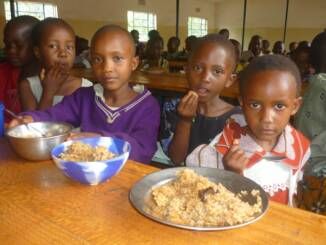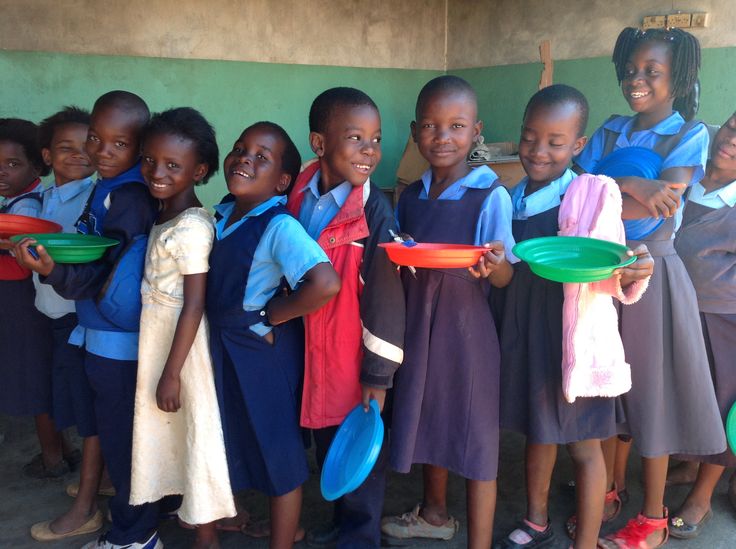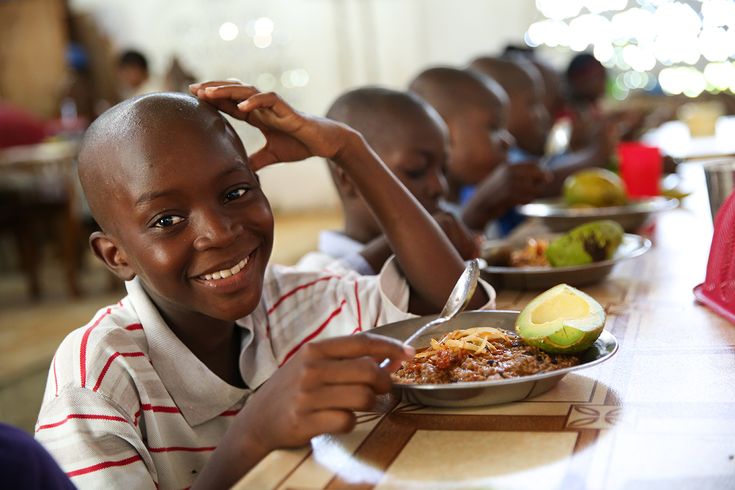
Feeding programme for School and vulnerable families
In low- and middle-income countries, about 300 million school children have anemia, causing them to lose some six IQ points per child. Lack of water and sanitation affects children’s health and creates barriers, especially for girls, to attend school – 600 million children lack drinking water services in school






Feeding school children will lead to improved children’s nutrition and health, increased school enrollment, attendance, and retention rates. This strategic intervention goes beyond simply alleviating hunger; it directly confronts the multifaceted challenges posed by malnutrition, which has far-reaching consequences for Cognitive development, school attendance, and overall health. By ensuring access to regular, balanced meals, we create a positive feedback loop, where improved nutrition leads to increased concentration, enhanced learning outcomes, and ultimately, greater academic success.
Feeding Programmes for Schools & Vulnerable Families
In low- and middle-income countries, 300 million schoolchildren suffer from anemia, losing 6 IQ points per child, while 600 million lack clean drinking water at school—disproportionately keeping girls out of classrooms.
School feeding programmes combat this by:
✔ Boosting nutrition, health, and cognitive development.
✔ Increasing enrollment & attendance, especially for girls.
✔ Breaking the poverty cycle—families save on food costs, invest in livelihoods.
Long-term impact:
🔹 Better learning outcomes → higher future earnings.
🔹 Vocational + STEM training prepares youth for Kenya’s job market.
🔹 Gender equality—girls stay in school, delay early marriages.
Inspired by the founder’s own struggles, this isn’t just meals—it’s dig
